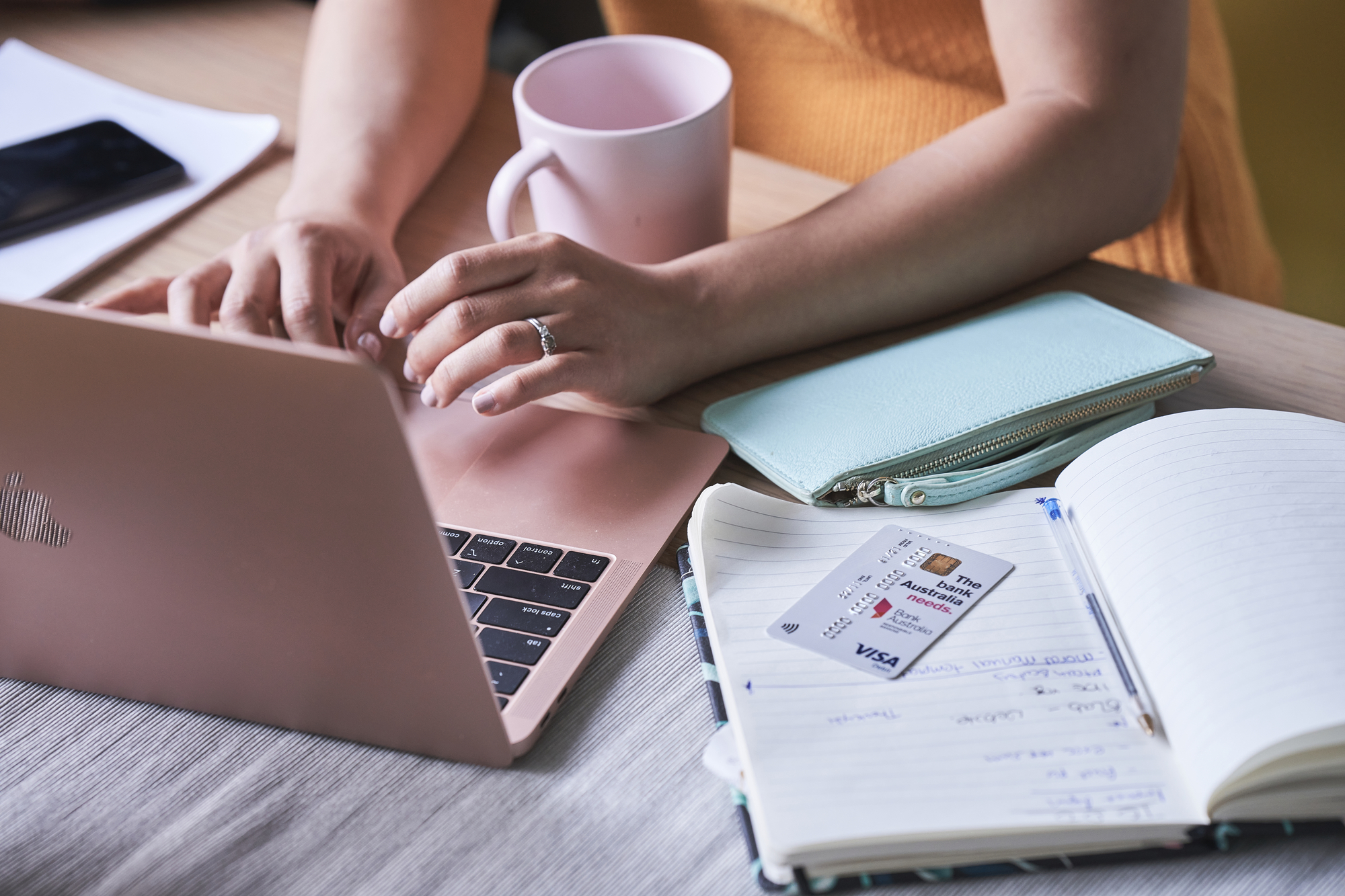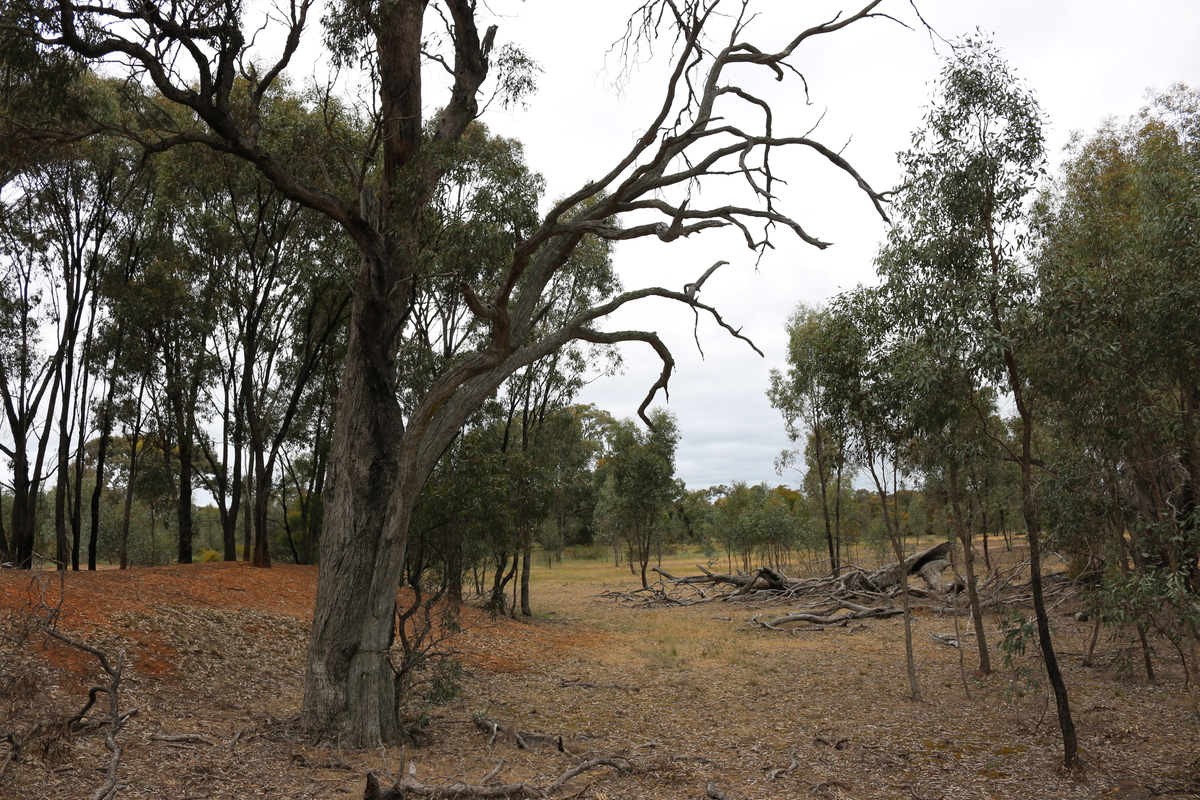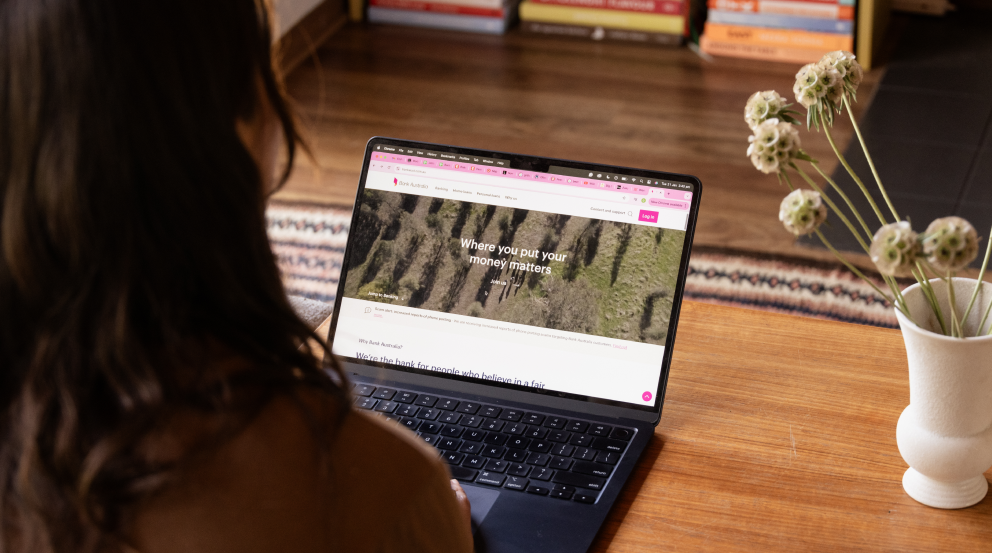For Sarah Morley, Bank Australia customer and gender equity and sustainability advocate, the climate crisis might be depressing but there’s still hope. We chat to her about saving the planet and why it’s important to have a creative outlet.
When Sarah Morley, gender equity, environmental advocate and artist, feels overwhelmed by the state of the world this is what she tells herself: “I am here to alter the system, and I’m doing the best that I can with what I have.”
Like many of us, Sarah has her moments of existential doubt. It’s hard not to in 2021, when we’re living in such unprecedented times. But for Sarah, who works at an environmental NGO and is currently completing her Masters in Environment and Sustainability, the reality of the world is “just a lot, all of the time”.
“I have to remind myself to stop putting the responsibility of saving the planet on myself, because that’s just ridiculous,” she admits. “But it is really hard, we’re not set up to be living in a sustainable world, and we were also never supposed to be taking on this level of complexity.”

From inside her plant-filled apartment in Northcote, Sarah laughingly describes herself as a “positive nihilist.”
“Like, I know that I won’t change the world in my lifetime but I do believe that if we’re all contributing within our own capacities then there is definitely hope,” she says. “There’s got to be hope, because otherwise why would I be doing it?”
For Sarah, this idea of collective action is everything. In fact, it’s the exact reason why she made the switch to Bank Australia. “When you think about women getting the vote – they had to fight for it, they died for it. Looking back at other parts of history, collective action is always the answer,” she says. “And we don’t have any options right now other than to keep going. The solutions are there, but we have to push through this weird bit of history before we embrace them on a larger scale.”
Before diving into environmental governance, Sarah worked in the performing arts. She doesn’t regret the change of industry, and in fact thinks that creativity is actually a strength when it comes to changemaking. As such, staying creative remains an important part of her everyday happiness.

Her creative outlet, specifically, is drawing. Her pieces – which are fine-lined and beautiful – are often inspired by nature and the female relationship with the natural world. “I find a lot of mindfulness in art,” she says. “But also, I just really love nature and I find drawing women to be really empowering, personally. There’s also this perspective, from ecofeminism – which I don’t necessarily prescribe to – but there’s the idea that women and the environment are similarly devalued and exploited, almost always for capitalist gain… I hope my art encourages reflection on the connection between women and our natural surroundings.”
Looking to the future, Sarah is motivated to continue her work in gender-sensitive sustainable development and climate resilience, either in policymaking or education.
“I feel like my education just totally changed my worldview, so I’d like to be a part of that. But really, having an impact and facilitating change is the most important thing for me,” she says.

As for those of us wondering how we can have an impact too, Sarah recommends donating – if that’s financially possible. “But there are also so many other things you can do when you’re feeling disempowered,” she says. “Things that don’t cost money would include switching banks, changing your phone plan, just changing where you shop in general.”
“Basically, just reconsider who and what you’re supporting. Look at the bigger power structures in play, and also look at the things that you take for granted – because there is always, always going to be a more sustainable alternative,” she says. “At the end of the day, observe, assist and do what you can.”








